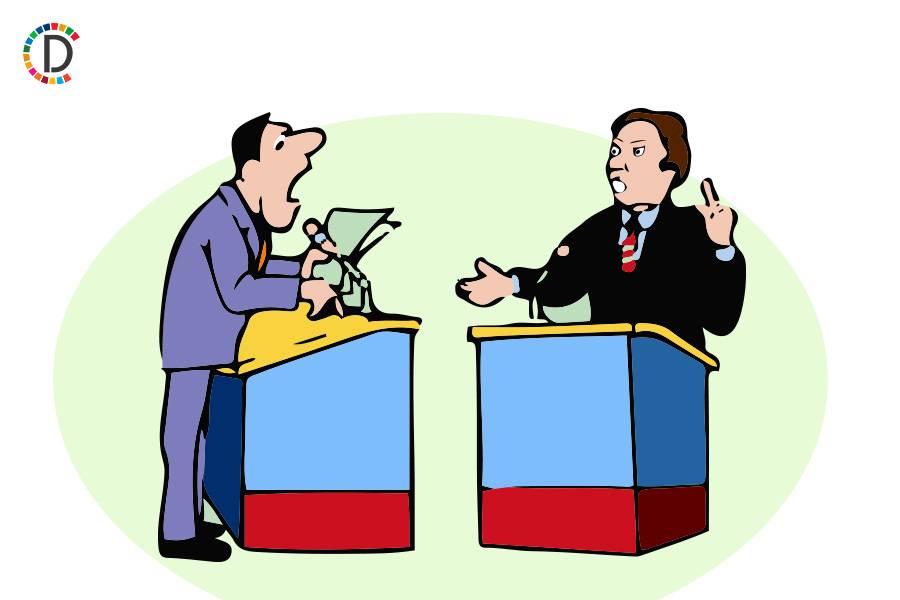Georgia's Political Tensions Escalate Amid EU Accession Freeze
Georgian lawmakers have elected Mikheil Kavelashvili, a critic of the West, as president amidst major protests against halting the country's EU accession talks. The freeze, until 2028, has sparked widespread anger in Georgia. Kavelashvili's anti-Western stance and controversial views have intensified the political unrest.

In a significant political shift, Georgian lawmakers have chosen Mikheil Kavelashvili, a known critic of the West, as the nation's new president. This decision comes in the midst of intense protests over the government's decision to freeze European Union accession talks until 2028, a move that has provoked widespread public discontent.
Kavelashvili, a former professional soccer player, has embraced anti-Western views, alleging conspiracies involving Western intelligence agencies. His rise to the presidency, backed by the ruling Georgian Dream party, has further strained the country's longstanding pro-Western aspirations, deeply rooted in its constitution.
The electoral process, boycotted by opposition parties, has left the political landscape in turmoil, with outgoing President Salome Zourabichvili and thousands of protesters challenging the legitimacy of Kavelashvili's presidency. As tensions mount, the EU has threatened sanctions, signaling increased international concern over Georgia's foreign policy direction and internal governance.
(With inputs from agencies.)










